Optimizing Production: The Role of AI in Industrial Automation
The factory floor is changing. Traditional machines are becoming smarter. This transformation is largely thanks to artificial intelligence (AI). The integration of AI in industrial automation is creating a new era of efficiency, safety, and innovation.
This article explores how AI is reshaping manufacturing and industrial processes. We will look at smart factories, predictive maintenance, and optimized supply chains.
1. Smart Factories: The Brains Behind Production
Smart factories represent the pinnacle of AI in industrial automation. They are facilities where machines, sensors, and AI systems communicate constantly. This creates a highly interconnected and intelligent production environment.
- Real-time Monitoring: AI systems monitor every aspect of production. They collect data from sensors on machines. This allows for immediate adjustments to improve output.
- Adaptive Manufacturing: AI can analyze market demand. Then, it can adjust production lines automatically. This means factories can switch between products with minimal downtime. It also reduces waste.
- Quality Control: AI-powered vision systems inspect products at high speed. They detect defects that human eyes might miss. This ensures consistent quality and reduces costly recalls.
2. Predictive Maintenance: Fixing Problems Before They Happen
One of the most impactful applications of AI in industrial automation is predictive maintenance. Historically, maintenance was either reactive (fixing after a breakdown) or preventative (scheduled, often unnecessary, checks). AI offers a better way.
- Sensor Data Analysis: AI algorithms analyze data from machine sensors. This includes temperature, vibration, and sound. It can identify subtle signs of wear or impending failure.
- Early Warning Systems: The AI predicts when a machine part is likely to fail. This allows maintenance teams to act proactively. They can replace components before a breakdown occurs. This significantly reduces costly downtime. It also extends the lifespan of equipment.
- Optimized Scheduling: Maintenance can be scheduled precisely when needed. This avoids unnecessary interruptions to production.
3. Robotics and Cobots: Working Smarter, Not Harder
Robotics have been a part of industrial automation for years. However, AI makes these robots far more intelligent and adaptable.
- AI-Powered Robotics: AI allows robots to perform more complex tasks. They can learn from their environment. They can also adapt to changing conditions. This includes handling delicate items or working in varied environments.
- Collaborative Robots (Cobots): These AI-enhanced robots work alongside human employees. They assist with heavy lifting or repetitive tasks. They are designed to be safe and responsive to human presence. This boosts productivity while ensuring worker safety.
4. Supply Chain Optimization: From Factory to Customer
AI extends its influence beyond the factory walls. It revolutionizes the entire supply chain.
- Demand Forecasting: AI analyzes sales data, market trends, and external factors. This helps predict future demand more accurately. Production and inventory levels can then be optimized.
- Route Optimization: For logistics, AI can plan the most efficient delivery routes. This reduces fuel consumption and delivery times. It considers traffic, weather, and other real-time data.
- Inventory Management: AI systems monitor inventory levels in real time. They predict when stock needs replenishing. This minimizes carrying costs. It also prevents stockouts.
The Future is Automated and Intelligent
The role of AI in industrial automation is only growing. Businesses that adopt these technologies gain a significant competitive edge. They achieve higher efficiency, better quality, and reduced costs.
AI isn’t just about replacing manual labor. It’s about empowering industries to innovate. It makes processes smarter, safer, and more sustainable. As AI continues to evolve, expect even more transformative applications in the industrial sector. For a broader understanding of how this powerful technology is impacting various fields, be sure to check out our ultimate guide on how do you use AI in your daily life and business.
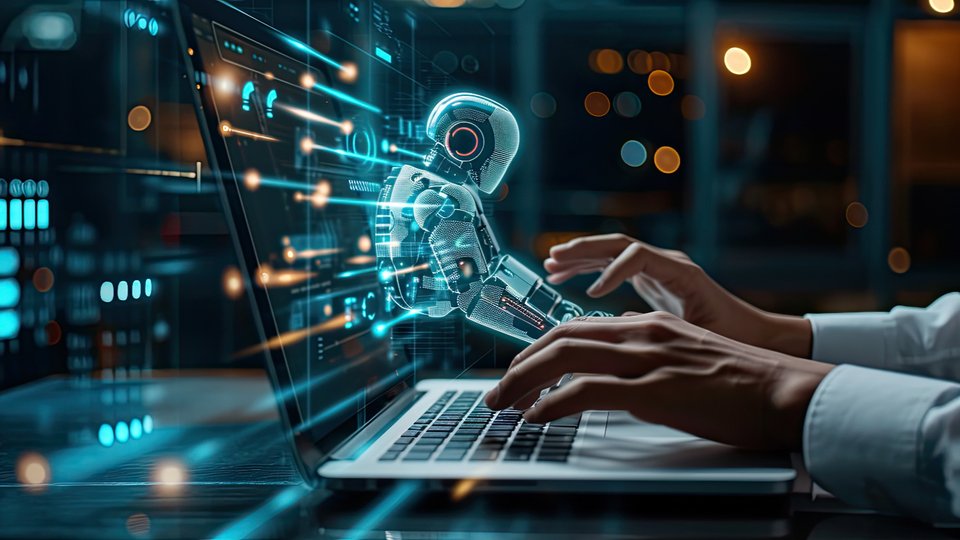

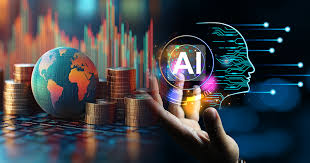
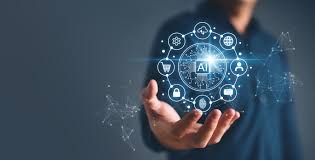





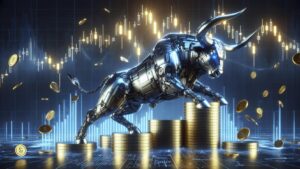
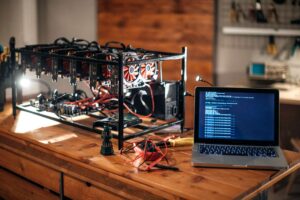



Post Comment